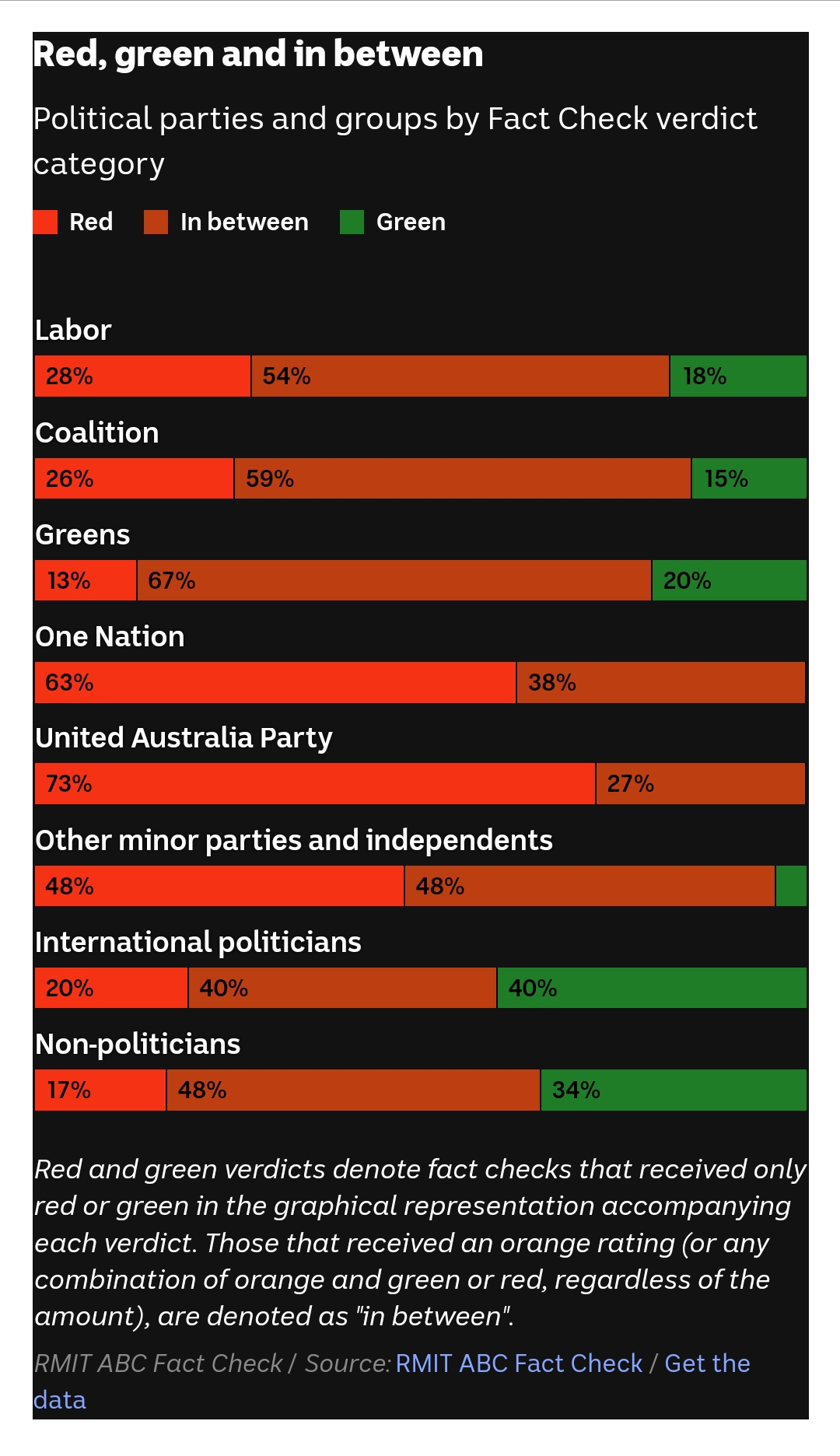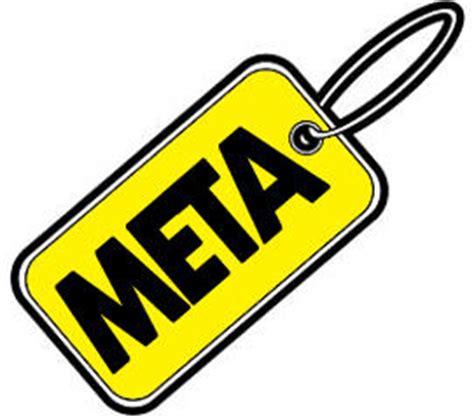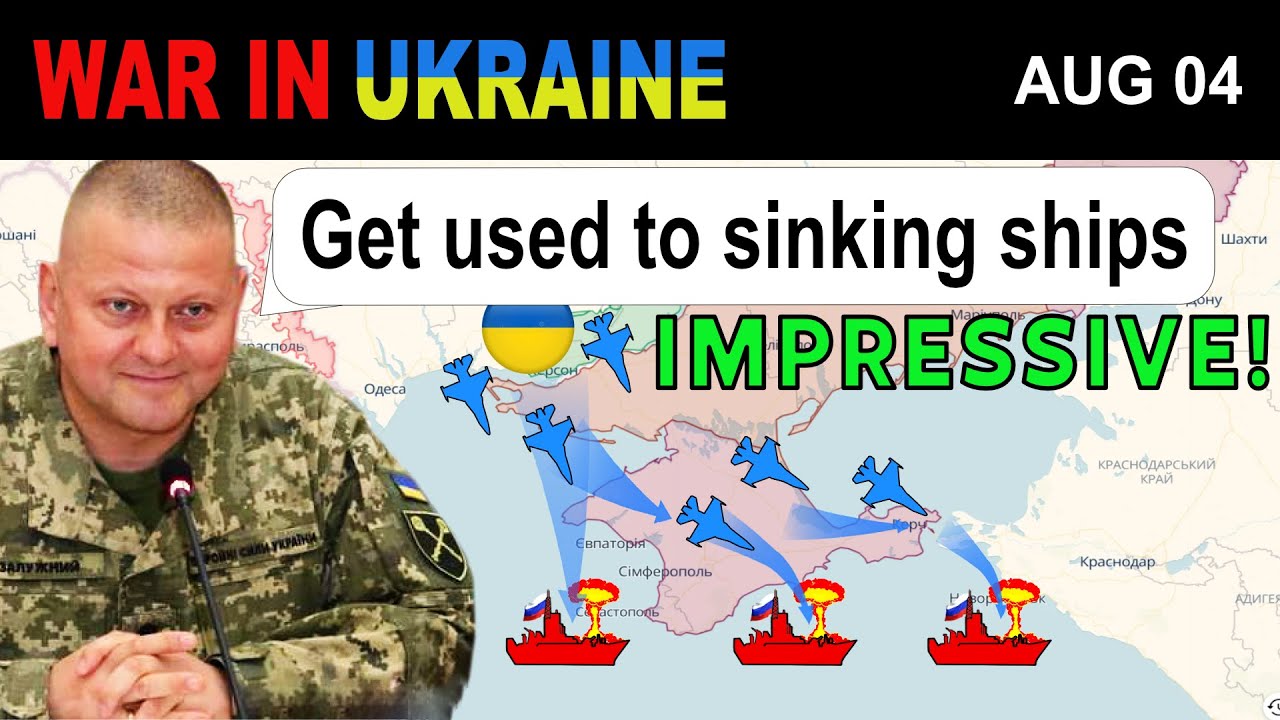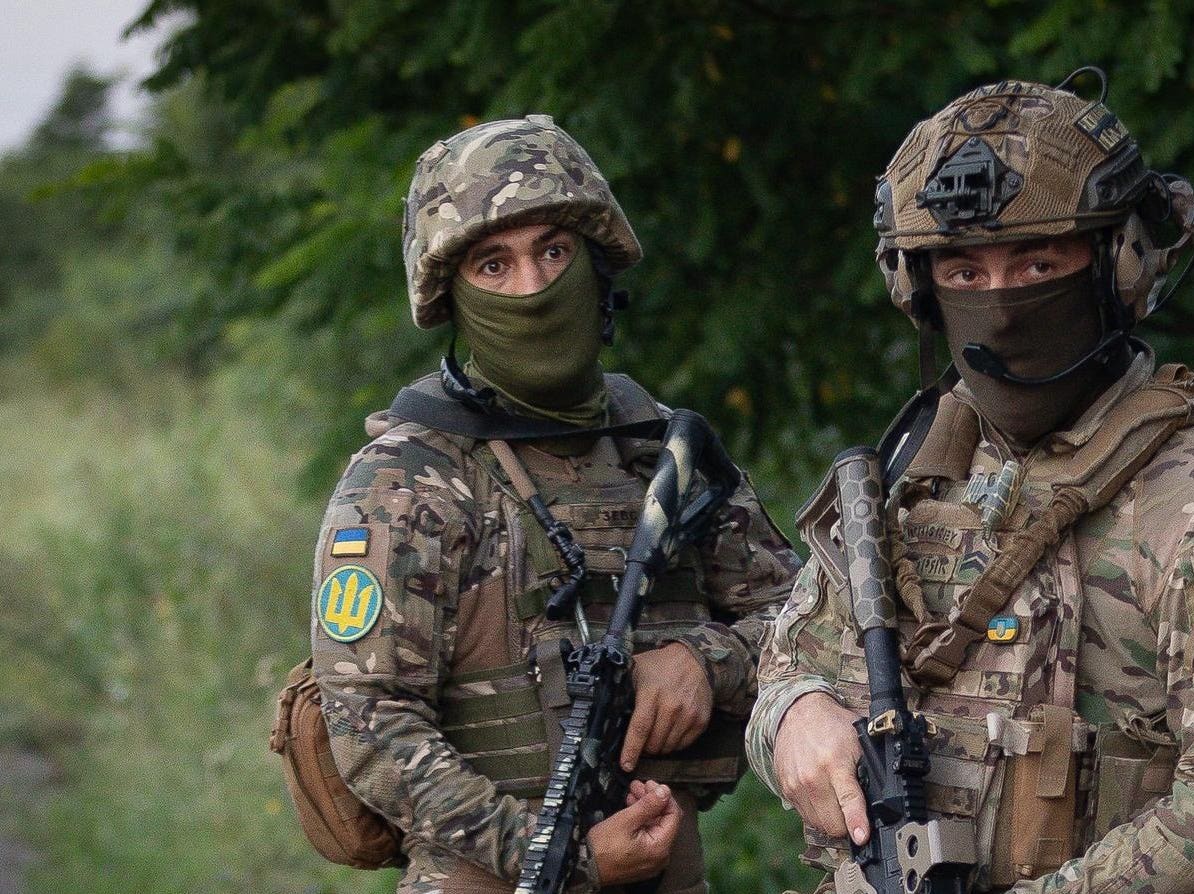- 55 Posts
- 15 Comments

 1·1 year ago
1·1 year agoGround news? It’s a news aggregator focusing on bias of news sources. Great when a news item is in many sources as you can see how it is spun differently.
You’re an absolute ripper, mate! Fair dinkum, I can’t thank ya enough for your bonzer effort. You’re a true blue legend, and I reckon I owe ya a cold one at the local pub. Cheers! Thought an Aussie thanks was appropriate.

 2·1 year ago
2·1 year agoAnyone know how to claim this rebate? Can’t find anything

 1·1 year ago
1·1 year agoThis is a crazy story. Most houses in northern Australia have full electric hot water. Very rare to have town gas and bottles is often painful.
Just request the ones you want here and it will start syncing them. Make sure you subscribe after the communities are made (takes a few minutes) or the dev will disable the bot on those communities. The more people who subscribe, the more often it checks for updates. https://lemmit.online/c/requests

 2·1 year ago
2·1 year agoAt the NATO Summit, member nations agreed to expedite Ukraine’s membership but didn’t provide a timeline due to the ongoing war with Russia. The membership action plan requirement was dropped, simplifying the process. Controversy arose over the US supplying Ukraine with cluster munitions, and NATO allies are expected to set a minimum defense spending of 2% of GDP, a target Canada isn’t meeting.
Here are the key points from the video:
-
At the NATO Summit in Lithuania, member nations agreed to let Ukraine join the alliance and to fast-track the process. However, they did not issue an official invitation or any clear timeline for membership.
-
NATO members made it clear that Ukraine can’t join while it’s involved in an active war because that would immediately bring all NATO members into direct conflict with Russia.
-
Sweden was allowed to join NATO after Turkey, which had been blocking its membership, agreed to drop its veto in return for concessions from Sweden, including the lifting of a ban on arms sales.
-
There was controversy over the US decision to give Ukraine cluster munitions, some of which failed to explode. Canada disagreed with this decision, citing a treaty banning such weapons.
-
Ukraine’s defense minister pointed out that Russia has been using cluster munitions since the start of the war and promised they’d only be used on Ukraine’s own territory, away from built-up areas.
-
NATO Secretary General Jens Stoltenberg laid out a simpler path to membership for Ukraine but did not provide a clear timeline for full membership.
-
The requirement for a membership action plan was dropped, which is seen as a positive indication of how NATO views Ukraine.
-
The allies are expected to agree that 2% of GDP is the floor for defense spending, not just the target. Canada is nowhere near this target and has no plan to get there.
-
The US controversially sent cluster munitions to Ukraine, a type of weapon that Canada and 123 other nations pledged to prohibit back in 2008.
-

 2·1 year ago
2·1 year agoPretty interesting it is still a thing

 1·1 year ago
1·1 year agoThis is a pretty dated article… I wonder if they are still happening or if has fallen out of fashion.














Not Foss but does the job and well https://www.macrodroid.com/